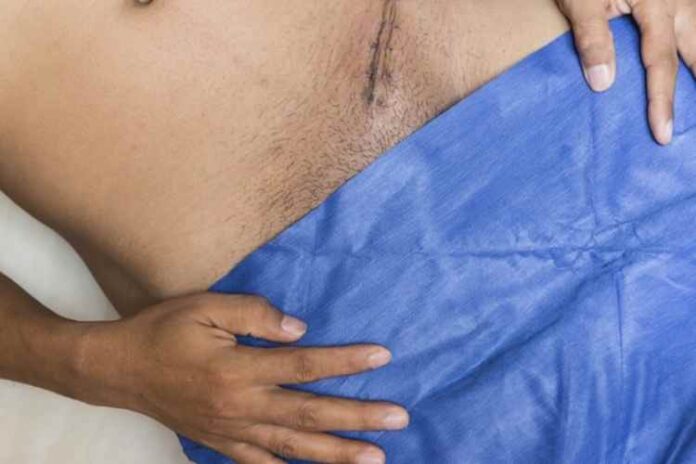Up to 10% of the population will develop a hernia at some point. Do you know how to identify one?
Hernias are generally low-risk. Many people don’t even realize that they have a hernia condition. They don’t know the hernia signs to look for.
We’re here to talk all about common signs of a hernia as well as when to seek hernia treatment. Read on to learn more.
1. A Lump or Bulge
A hernia is always going to cause a lump or bulge. The bulge is going to be in front of the weak spot in the abdominal muscles. This is where tissue can push through.
The lump or bulge can be anywhere on the lower abdomen.
For men, inguinal hernias are the most common. They present around the inner groin as men have more weakness in this area. A doctor will check around and above the testicles for this type of hernia.
Femoral hernias are more common amongst women. They’ll present as a bulge around the upper thigh near the groin.
Incisional hernias can happen to anyone. They present as a bulge around a previous surgical site.
Umbilical hernias are more common amongst infants, obese women, or women who have had multiple children. They present as a bulge near the navel.
2. Pain
The lump or bulge from the hernia is likely going to be completely painless, at least most of the time. That said, if you experience pain from a hernia, a doctor is going to recommend surgery.
Even if the hernia is painless most of the time, you may feel pain or discomfort when you lift heavy objects, cough, or bend over. You may also feel a burning sensation.
Mild pain isn’t necessarily a cause for alarm, but if you experience sharp pain or pain that doesn’t go away, see a doctor.
3. Nausea or Vomiting
In rare cases, severe hernias can cause nausea or vomiting. You may also experience heartburn or the feeling of a bowel obstruction. You may have difficulty swallowing food or drinks.
These are signs that you need to get surgery to repair the hernia.
How to Get Help
So now that you have a hernia, what should you do?
If you’ve noticed a bulge but no pain, your doctor may recommend that you do nothing. A hernia won’t heal on its own, but not all doctors want to recommend invasive surgery for patients who don’t explicitly need it.
If you’re experiencing pain or stomach issues, however, talk to a surgeon for more info about your options. You’ll likely be able to choose between a laparoscopic (keyhole) surgery or an open surgery.
Have You Noticed Any Signs of a Hernia?
If you’ve noticed any strange bulges around your abdomen paired with pain or nausea, you may have signs of a hernia! Talk to a doctor about your options. In most cases, hernia treatment starts with watching and waiting to ensure that the problem doesn’t get worse, but in an emergency, a surgeon may recommend surgery right away.
For more helpful articles about health and more, visit the rest of our site.


























